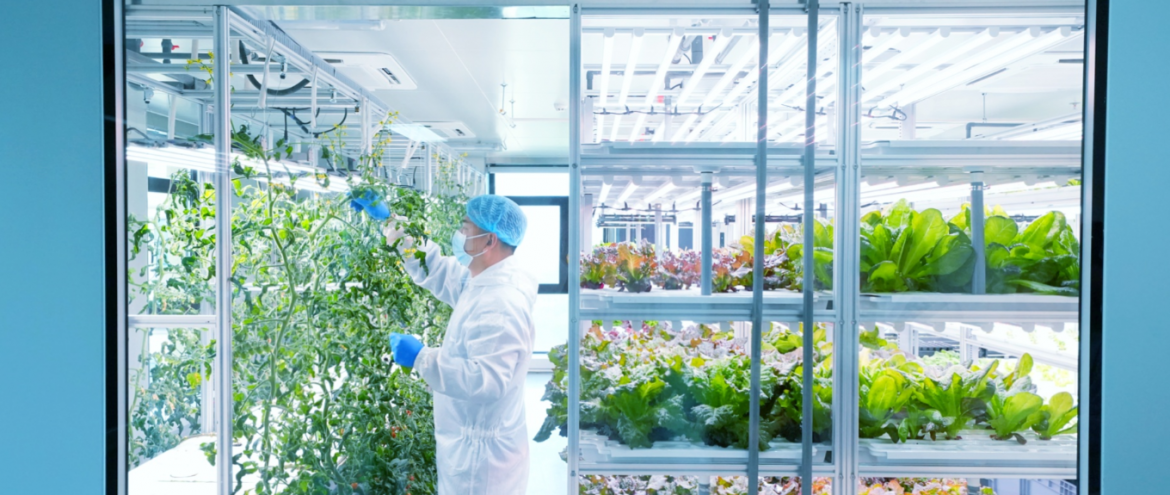Urban and metropolitan areas are increasingly exploring sustainable methods to produce food locally. Among these innovations, farming solutions like vertical farming have attracted attention for their ability to optimize space and enhance productivity. By utilizing controlled environments and stacked cultivation systems, vertical farms can deliver consistent yields, minimize resource consumption, and reduce reliance on long supply chains. This model addresses urban food security and creates opportunities for businesses that aim to meet the growing demand for fresh, high-quality produce. Moreover, vertical farming allows operators to experiment with diverse crop varieties and implement efficient supply strategies, which can further strengthen their market position.
Advantages of Vertical Farming for Commercial Use
Vertical farming presents several benefits for experienced operators considering it as a business. By leveraging modern technology such as LED plant lighting, hydroponic nutrient systems, and automated climate control, growers can maintain stable crop conditions throughout the year. This approach ensures uniform quality and reliable production efficiency. Cities in Europe, North America, and the Middle East are showing increasing interest in vertical farming initiatives, as they can provide local produce while minimizing transportation costs and environmental impact. Additionally, vertical farming can support community engagement and collaboration with local retailers, providing both economic and social benefits.
Technology Integration and Operational Efficiency
The effectiveness of vertical farming as a business depends largely on technological integration and operational management. Organizations like 4D Bios provide comprehensive farming solutions for large-scale urban and industrial cultivation. Their approach combines AI-driven environmental control, automated nutrient delivery, and precise lighting schedules to optimize growth conditions. This industrialized production method enhances uniformity and yield, supporting the standardized production of various crops. Demonstration projects, such as those designed to integrate vegetable supply with tertiary industry functions in Beijing, highlight the practical application of these solutions for urban food security and market integration. With scalable systems and adaptable technologies, operators can respond flexibly to demand fluctuations and seasonal variations.
Conclusion: Strategic Opportunities with 4D Bios
For businesses evaluating vertical farming, the model offers promising opportunities when implemented with the right expertise and technology. The combination of controlled environments, advanced automation, and data-driven management allows operators to balance efficiency with high-quality output. 4D Bios stands out as a partner for experienced growers seeking large-scale, technologically advanced farming solutions. Their systems support industrialized cultivation, precise crop management, and sustainable production practices, making vertical farming a viable commercial venture in diverse markets including Europe, North America, the Middle East, Australia, and Singapore. By integrating these solutions, businesses can strengthen local supply chains and explore innovative approaches to urban agriculture.




